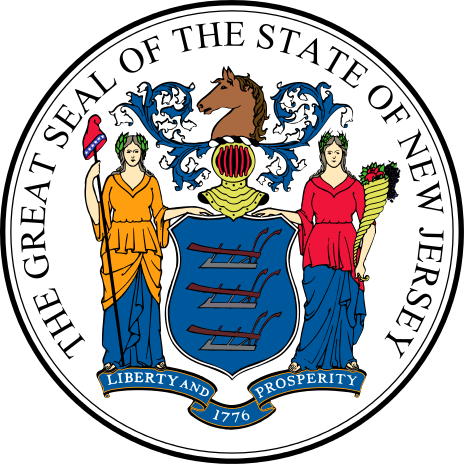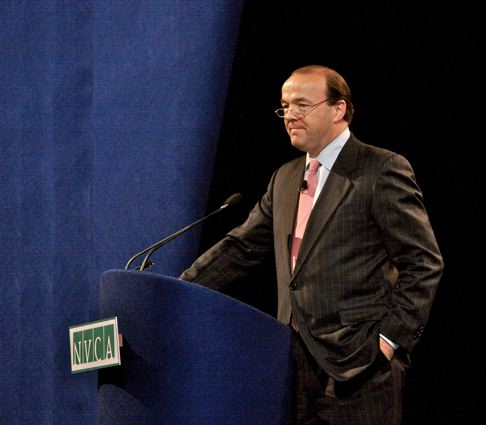New Jersey’s pension system earned a 7.27 percent return on its investments in 2014 – down from a 16.9 percent return in fiscal year 2013-14.
The growth fell short of the system’s assumed rate of return.
From NJ.com:
New Jersey’s pension fund earned 7.3 percent on its investments last year, which state officials said beat market expectations.
But those gains didn’t live up to the 7.9 percent annual rate experts say is needed to keep troubled pension fund from adding to its liabilities.
The investments returned 7.27 percent, but were hurt largely because of market volatility in the second half of the calendar year, said Tom Byrne, acting chairman of the State Investment Council.
“For that period of time we were ahead of our benchmark by just a tiny bit but behind the 7.9 percent bogey,” Byrne said. “One period of time only tells you so much.”
[…]
Byrne noted that the investment council’s role is only half the battle. While it manages the state’s investments, it doesn’t have any say in setting or making pension contributions.
“The pension is still underfunded, and we can only do what we can do,” Byrne said.
Governors from both parties have underfunded the pension system since 1996, shortchanging the annual payments or skipping them altogether.
Pension officials defended the system’s recent dive into alternative assets; officials said those investments have earned the system an additional $2.8 billion in returns since 2010.
Photo credit: “New Jersey State House” by Marion Touvel – http://en.wikipedia.org/wiki/Image:New_Jersey_State_House.jpg. Licensed under Public domain via Wikimedia Commons – http://commons.wikimedia.org/wiki/File:New_Jersey_State_House.jpg#mediaviewer/File:New_Jersey_State_House.jpg





